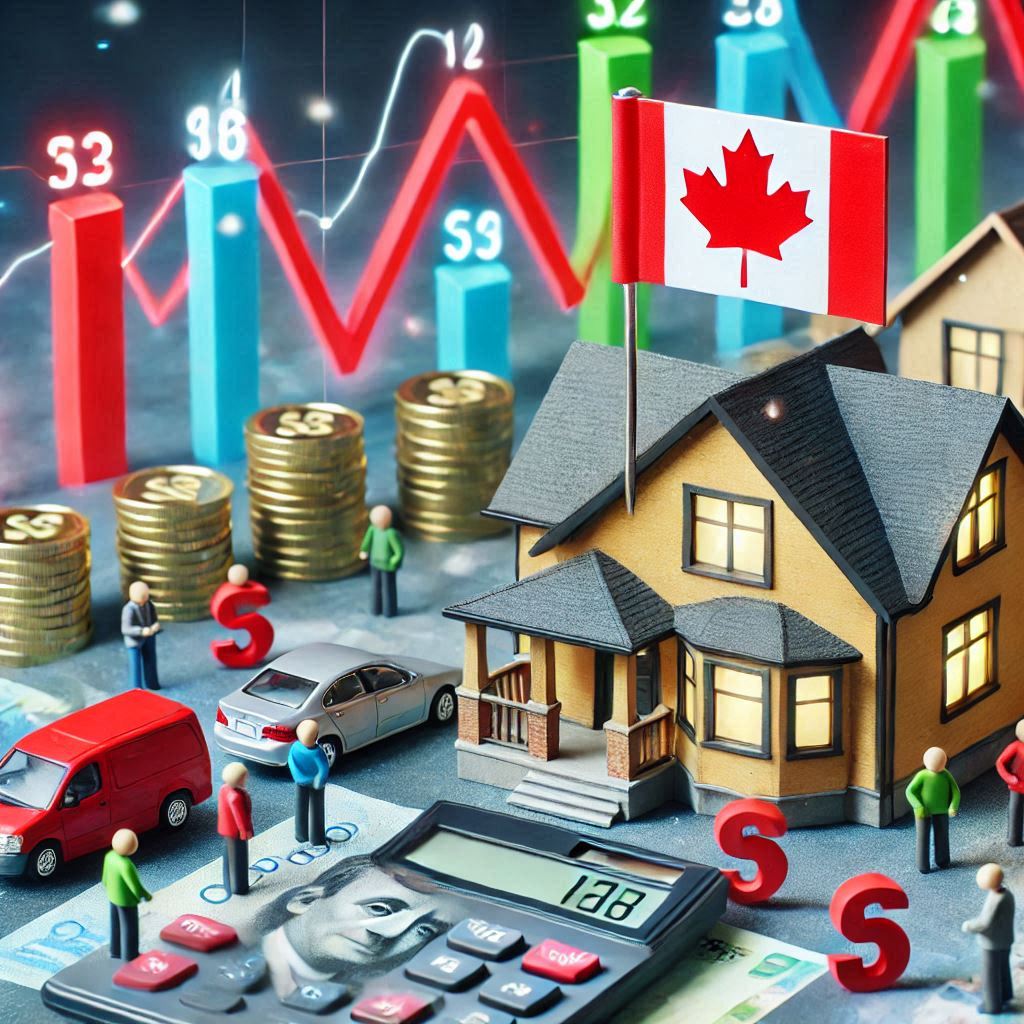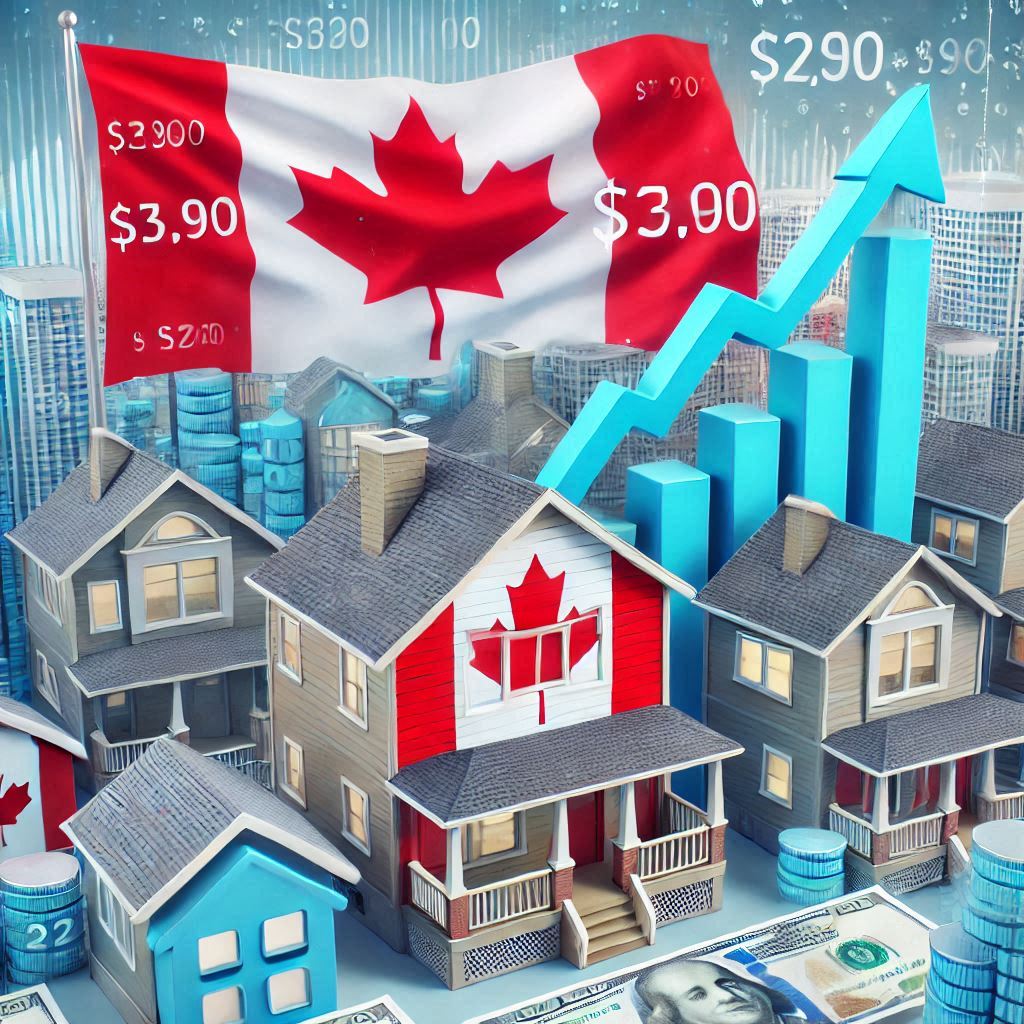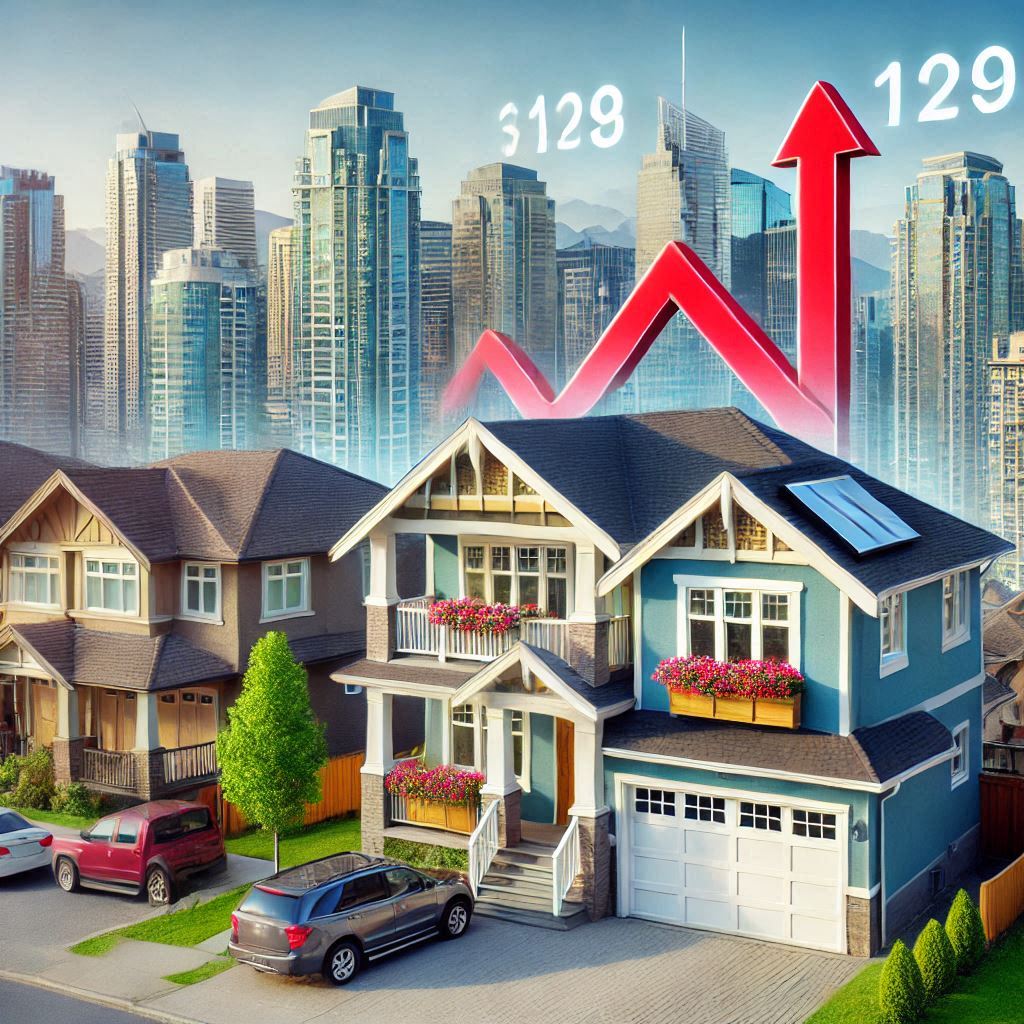加拿大人對執政黨的不滿加遽
自2015年以來,自由黨黨魁賈斯汀·杜魯道(Justin Trudeau)擔任加拿大總理。然而,隨著時間的推移,許多加拿大人對他的領導逐漸感到不滿,甚至開始公開呼籲他下台。這股不滿的情緒並非偶然,而是源於多方面的經濟與社會問題日益加深,使得民眾對政府失去了耐心與信任。
近年來,加拿大的物價和油價不斷攀升,成為許多家庭無法忽視的問題。儘管加拿大擁有豐富的天然氣與石油資源,理應在能源成本上具備優勢,但事實卻恰恰相反。加拿大的油價往往遠高於美國,甚至高出一倍以上,讓許多開車族和物流業者怨聲載道。這種情況讓許多加拿大人不解,為何一個資源豐富的國家卻無法讓自己的人民享受到相對實惠的能源價格。
房價與生活成本的飆升進一步加劇民眾的經濟壓力。無論是溫哥華、多倫多這樣的大都市,還是其他二線城市,房價都屢創新高,使許多年輕人難以踏入房市,甚至連租房都變得越來越吃力。許多中產階級和低收入家庭發現,他們的生活質量不僅沒有提升,反而持續下降,基本生活成本佔據收入的大部分。
與此同時,杜魯道政府在移民政策上的開放態度引發社會的廣泛爭議。自由黨政府為強調多元文化與包容,持續降低移民標準,並大幅開放難民入境,甚至提供多項補助政策以協助他們融入社會。雖然這些政策初衷是為解決勞動力短缺,促進經濟增長,但大量移民和難民的湧入,讓本地居民感受到資源競爭加劇,特別是在醫療、教育與住房等方面壓力倍增。
不少加拿大人擔憂,政府在追求全球聲譽的同時,忽視了本地居民的需求與呼聲。國家的負債在這樣的補助政策下迅速攀升,而普通民眾卻未見到生活有任何明顯改善。許多人認為,政府應該將更多資源用於提升本地人的生活水平,而非無限制地擴大移民規模。
此外,杜魯道政府強調環保與氣候變遷議題,雖然贏得國際社會的肯定,卻在國內能源政策上導致許多爭議。石油與天然氣管道項目遭到擱置或延遲,直接影響能源行業的發展,導致就業機會減少,進一步推高國內能源價格。在環保與經濟利益之間的平衡,杜魯道政府似乎尚未找到真正讓民眾滿意的答案。
加拿大社會的分裂感在近年來愈發明顯。年輕人對未來感到迷茫,中產階級承受著日益增長的稅收與生活成本,而保守派選民則批評自由黨政府過於激進的社會與移民政策。尤其是魁北克省,這一具有強烈文化認同感的地區,對聯邦政府的移民政策更是多次表達不滿,認為其威脅到本地的法語文化與社會結構。
面對這一連串的挑戰,杜魯道的支持率開始下滑,並在多次民意調查中反映出來。許多加拿大人希望能看到新的領導人上台,帶來更務實的政策,真正解決物價飆升、房市過熱、能源成本高昂等問題。同時,移民政策的調整以及對本地民眾需求的重視,也成為選民心中最為關切的議題之一。
整體而言,加拿大人對杜魯道的不滿源於對生活質量下降的深切感受,以及對政府施政方向的質疑。這種情緒不僅反映在經濟層面,也涉及到文化與社會認同的方方面面。未來的政治走向將取決於政府如何回應這些挑戰,並提出真正能夠提升民眾生活水平的政策措施。
Since 2015, Justin Trudeau, leader of the Liberal Party, has served as Prime Minister of Canada. However, over time, many Canadians have grown increasingly dissatisfied with his leadership, with some even calling for his resignation. This wave of discontent is not coincidental but stems from a deepening array of economic and social issues, causing the public to lose patience and trust in the government.
In recent years, the continuous rise in prices and oil costs has become a pressing issue for many families. Despite Canada’s abundant natural gas and oil resources, which should provide an advantage in energy costs, the reality is quite the opposite. Canadian oil prices are often significantly higher than those in the United States—sometimes by more than double—prompting frustration among drivers and logistics operators. Many Canadians are left wondering why a resource-rich country cannot offer its citizens relatively affordable energy prices.
The surge in housing prices and living costs has further intensified economic pressure on the public. In major cities such as Vancouver and Toronto, as well as in smaller urban centers, housing prices have repeatedly hit record highs, making it increasingly difficult for young people to enter the housing market. Even renting has become increasingly burdensome. Many middle-class and low-income families find that their quality of life has not improved but has instead continued to decline, with basic living expenses consuming the majority of their income.
At the same time, Trudeau’s government has faced widespread controversy over its open immigration policies. In an effort to promote multiculturalism and inclusivity, the Liberal government has consistently lowered immigration standards and significantly increased the intake of refugees, even offering numerous subsidies to help them integrate into society. While these policies were originally intended to address labor shortages and stimulate economic growth, the large influx of immigrants and refugees has led local residents to feel increased competition for resources, particularly in areas such as healthcare, education, and housing.
Many Canadians worry that while the government pursues global recognition, it neglects the needs and voices of its own citizens. National debt has surged under such subsidy policies, yet ordinary people have not seen any noticeable improvement in their living conditions. Many believe the government should allocate more resources to improving the lives of local residents rather than expanding immigration indefinitely.
Furthermore, the Trudeau government’s emphasis on environmental protection and climate change, while praised internationally, has sparked controversy over domestic energy policies. Oil and natural gas pipeline projects have been shelved or delayed, directly affecting the energy sector’s growth and resulting in fewer job opportunities, which has contributed to the rise in domestic energy prices. The Trudeau government appears to have yet to find a balance between environmental priorities and economic interests that satisfies the public.
In recent years, a sense of division has become increasingly evident within Canadian society. Young people feel uncertain about the future, the middle class faces growing tax burdens and rising living costs, while conservative voters criticize the Liberal government’s progressive social and immigration policies. Quebec, in particular—a region with a strong cultural identity—has repeatedly expressed dissatisfaction with federal immigration policies, viewing them as a threat to local French-speaking culture and social structure.
Faced with these mounting challenges, Trudeau’s approval ratings have begun to decline, a trend reflected in multiple public opinion polls. Many Canadians hope to see new leadership emerge, bringing more pragmatic policies to address soaring prices, an overheated housing market, and rising energy costs. Adjustments to immigration policies and a greater focus on the needs of local citizens have become some of the most pressing issues in voters' minds.
Overall, Canadian dissatisfaction with Trudeau stems from a profound sense of declining quality of life and skepticism toward the government’s policy direction. This sentiment is reflected not only in economic concerns but also in cultural and social identity issues. The future political landscape will depend on how the government responds to these challenges and whether it can propose policies that genuinely improve the lives of its citizens.



照片:DALLE3
- 1
- 2
- 3
- 4
